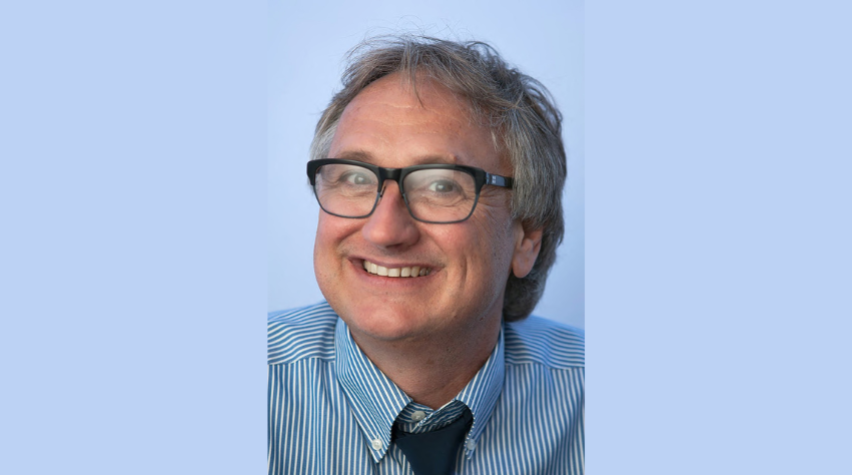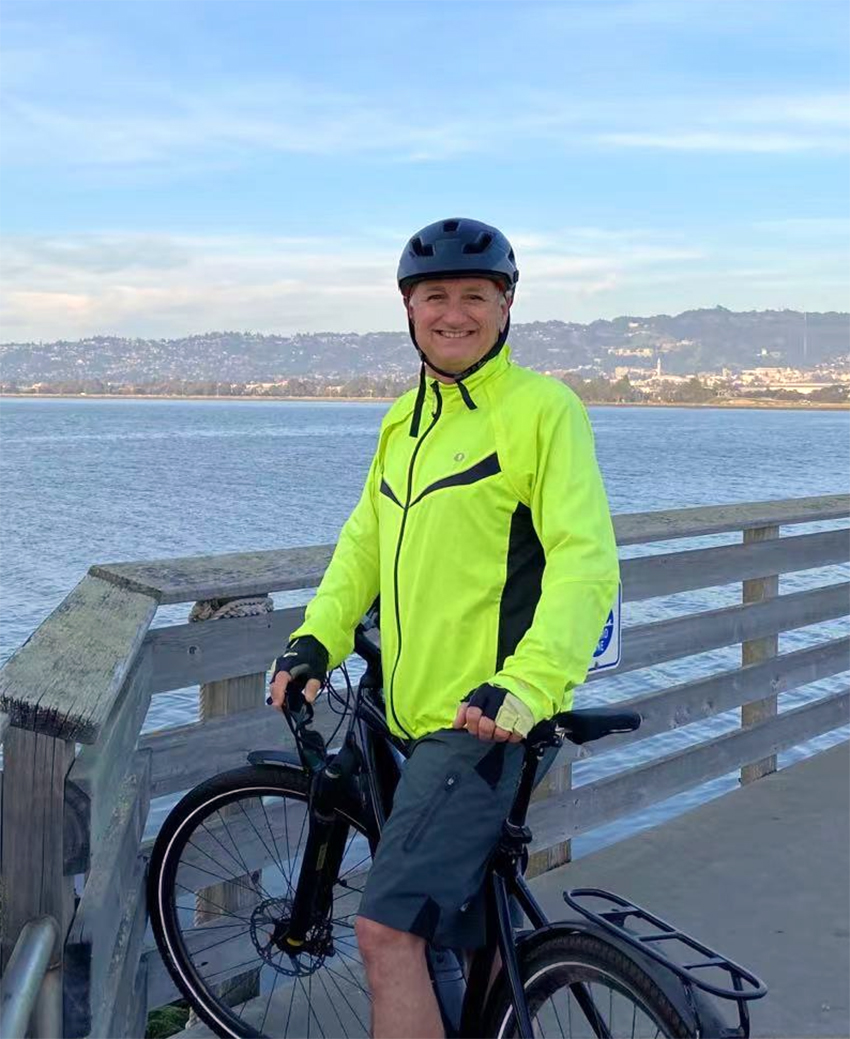
AIChE’s Warren K. Lewis Award is named for one of the founders of the chemical engineering discipline. The prize is sponsored by ExxonMobil Research and Engineering Company and recognizes distinguished and continuing contributions to chemical engineering education.

The 2023 Warren K. Lewis Award is being presented to Jeffrey A. Reimer, Professor of Chemical and Biomolecular Engineering at The University of California, Berkeley.
Dr. Reimer is being recognized for outstanding contributions to chemical engineering education based on accomplishments in classroom teaching, course development, authorship of teaching texts, and departmental chairmanship, as well as excellence in research.
Jeffrey Reimer and the other Institute and Board of Directors’ Award recipients will be honored at the 2023 AIChE Annual Meeting, November 5–10 in Orland, Florida.
About Jeffrey Reimer and his work
Jeffrey Reimer has made many contributions to environmental protection, human sustainability, and technological innovation by using spectroscopy to explore and improve a variety of materials. His research encompasses amorphous solar cells, automotive catalysts, and structural polymers, as well as advanced nuclear magnetic resonance (NMR) spectroscopy methods, solid oxide fuel cell membranes, materials for lithium batteries, nuclear spintronics, and carbon capture materials. These latter works have been documented in highly cited papers on the molecular aspects of CO2 adsorption.
At UC Berkeley, Reimer’s signature course is Chemical Engineering Analysis (ChE 140), which he has taught to more than 2,000 undergraduates. The text for this course, Chemical Engineering Design and Analysis, was co-authored by Reimer and T. Michael Duncan, and teaches students the importance of design concepts early in their academic studies. The book has been adopted by universities in South America, North America, and the UK.
The world’s failure to achieve environmental and climate justice is a significant ethical flaw, and it has profound implications for legal and governance matters affecting all of humanity.
Reimer has also introduced courses on carbon capture and sequestration to the Berkeley curriculum. His associated textbook, Carbon Capture and Sequestration, has become the basis for a public lecture that Reimer uses to introduce non-scientists to issues related to climate change.
“The world’s failure to achieve environmental and climate justice is a significant ethical flaw,” says Reimer, “and it has profound implications for legal and governance matters affecting all of humanity.” He adds that “not providing adequate support to disadvantaged communities and, in some cases, even exacerbating their plight goes against the moral principles upheld by world religions and moral philosophies.”
Reimer has extended these teachings to a freshman seminar, in which he engages students from all majors in topics such as magnetic resonance imaging, energy production and distribution, and geochemical and anthropogenic carbon cycles.

As chair of Berkeley’s Department of Chemical and Biomolecular Engineering from 2006 to 2011, and again from 2013 to 2022, Reimer instituted multiple curricular revisions. He launched two professional masters programs (Product Development and Bioprocess Engineering) and hired a dozen faculty members, increasing gender diversity in the department. He also oversaw a reformation of the unit operations lab; rebuilt the bimolecular engineering concentration to include a new, state-of-the-art teaching lab; and tripled annual gifts from alumni.
Reimer is a fellow of multiple organizations, including the American Association for the Advancement of Science, the American Physical Society, and the International Society for Magnetic Resonance. He also received a research fellowship from the Alexander von Humboldt Foundation.
His past teaching honors include UC Berkeley’s Donald Sterling Noyce Prize for Excellence in Undergraduate Teaching in the Physical Sciences, the AIChE Northern California Section’s Award for Excellence in Academic Teaching, and the UC Berkeley Distinguished Teaching Award. Also, in 2023, he was bestowed the UC Berkeley Citation – the highest service award presented by the University.
Reimer earned his BS from the University of California, Santa Barbara, and his PhD from Cal Tech.
This fall, ChEnected is presenting profiles of all the 2023 Institute and Board of Directors’ Award recipients. Visit ChEnected regularly to meet the honorees.


